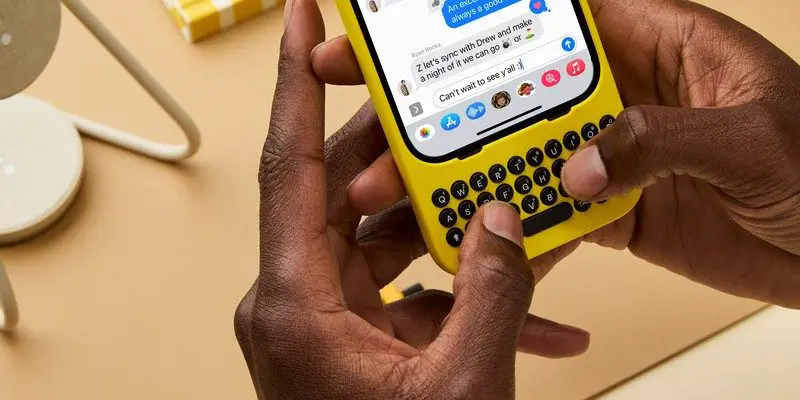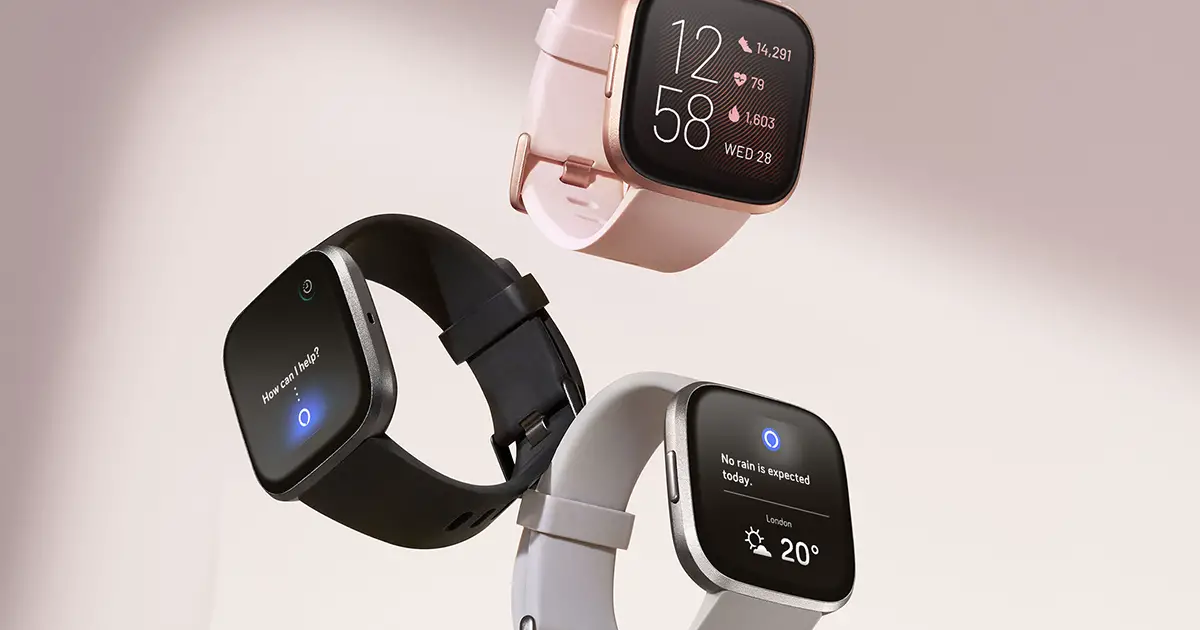![]()
Perhaps one could say that at this point, it's no longer a surprise - following several months' worth of leaks and whatnot, the Pixel 8a has once again been exposed just weeks before its supposed reveal date, this time by way of official Google marketing material.
The leaked images were originally posted by the team over at Android Headlines, and showcase various features of the Pixel 8a. Thanks to the new leaks, we now know that Google's upcoming midrange phone will feature up to seven years of security updates, IP67 dust and water protection, and a still-slow 18W charging speed.
Other expected specifications include Google's current Tensor G3 chipset, the same SoC used in the Pixel 8 and 8 Pro, a 64MP main camera, and a 120Hz refresh rate, although some sources state that Google might retain a 90Hz display for the 8a. Just recently, a leaked promo video showing off the Pixel 8a was shared online via MySmartPrice and tech informant @OnLeaks.
It's very likely that Google might announce the Pixel 8a during this year's I/O Conference, which is when the company usually unveils its upcoming software and hardware products and features.
![]()
With Google I/O 2024 coming up pretty soon, we've gotten a ton of leaks on new Pixel devices such as the Pixel 8a, which at this point has been leaked into oblivion. With that being said though, it looks like the 8a isn't the only device that a lot of fans are looking forward to seeing this May.
A recent claim made online by Twitter/X user @MysteryLupin suggests that Google will be "relaunching" its Pixel Tablet at a more affordable price, this time without the charging speaker dock. Additionally, a pen and Bluetooth keyboard are rumored to be part of the new bundle. As the Pixel Tablet currently goes for around $500 with the included dock, the dock-less version will be sold at a considerably cheaper price.
In terms of specs, the Pixel Tablet comes with a large 11-inch display, and is powered by Google's Tensor G2 chipset, which works alongside 8GB of RAM and up to 256GB of internal storage. There's also a large 7,000 mAh battery onboard, and a pair of 8-megapixel cameras for video calls and photos.
Going back to the leak, we're bound to know more once Google I/O goes live this May.
![]()
The Pixel leaks just keep on coming - shortly after several images showing the supposed Pixel 8a color variants were shared online, it looks like another tidbit of pre-launch information has once again made rounds online. This time however, the new leaks reveals some information about the Pixel 9.
Posting on Twitter, tech informant @Za_Raczke states that will feature a new modem, in addition to satellite connectivity. More specifically, the Pixel 9 is expected to come with the Samsung Modem 5400 via the Tensor G4 chip, which is expected to be a significant upgrade over previous Samsung modems that Google has used in the past.
It should be noted that Google's Tensor-powered smartphones have been notorious among users for spotty connectivity, which included issues with both cellular and Wifi signals. Many have blamed this on the Samsung-made modems in the phones.
As for satellite connectivity, it's stated that this year's Pixel flagships will be the first to natively come with Android's satellite-communication feature, which will be initially provided in partnership with both T-Mobile and SpaceX. However, the feature will only allow messaging in addition to a "Satellite Gateway" app for reaching out to communication services.

After a lot of pressure from governments and the tech industry, Apple confirmed back in November last year that they will bring RCS support to its iPhones. The company did mention it will arrive in 2024, but stopped short of providing specific dates. But this hasn't stopped Google from predicting when.
In a new landing page for Google Messages, the company has made a bold claim that RCS will arrive on iPhones come fall of 2024. We can't say that they're completely wrong. Fall is when Apple will announce their new iPhones. It is also when Apple typically releases the next major iOS update - iOS 18.
It has been speculated that RCS message support will most likely be part of the iOS 18 update. Apple hasn't confirmed anything yet, so that's why it's still speculation. It's probably a pretty safe bet, but we think it's still a bit premature of Google to be so confident in its announcement, unless they know something we don't.
Support for RCS messages means that iOS users will soon be able to send rich text messages to non-iOS users with support for media files, support for encryption, and more. For the most part, a lot of the world relies on third-party apps such as WhatsApp and Telegram to chat with friends cross-platform. RCS support will mostly be beneficial to those in the US, but we suppose it doesn't hurt to have it anyway.

The EU's recent doubling-down on enforcing its guidelines upon big tech has seen no slowdowns, and it looks like Google has once again proceeded to comply with certain regulations, this time concerning its hardware and software under the Fitbit division. An official support page states that the company has decided to take down third-party apps and clocks in the EU. As per the notice:
Following a careful assessment of the impact of new regulatory requirements, we have made the decision to remove third-party apps and clocks from the Fitbit app gallery for users in the European Economic Area in June 2024. You can continue to download and install third-party apps until that date. Afterwards, you'll have access to a selection of Fitbit and Google apps. Users in other countries will not be impacted.
As such, this decision will affect several Fitbit models including the Fitbit Sense 2, Fitbit Sense, Fitbit Versa 4, Fitbit Versa 3, Fitbit Versa 2, Fitbit Versa Lite, Fitbit Versa, as well as the Fitbit Ionic. Google states that users will still be able to download and install third-party apps until June 2024. Afterwards, all apps and clock faces will be a first-party affair with Fitbit and Google solely at the helm.

Just recently, Google announced that it will roll out a new AI-powered Fitbit chatbot for Fitbit Premium subscribers on Android that are also part of Fitbit Labs, which the company says will help users analyze their health data and provide actionable insights.
© 2023 YouMobile Inc. All rights reserved





